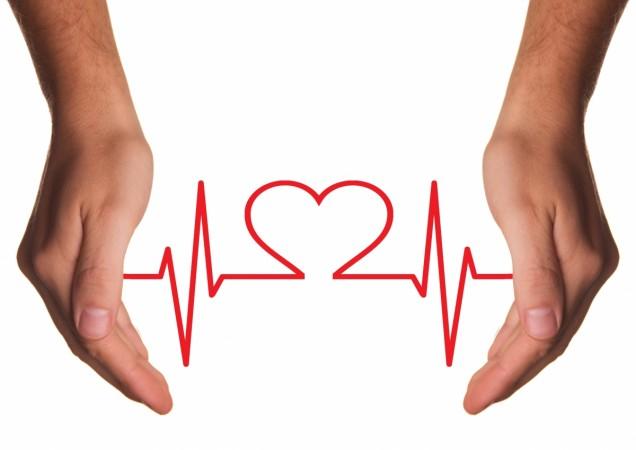
Tamil Nadu Chief Minister Jayalalithaa was placed on heart and lung support after suffering a cardiac arrest at Chennai's Apollo Hospitals on Sunday. A cardiac arrest happens when your heart stops pumping blood around your body.
According to American Heart Association (AHA)/American Stroke Association, cardiac arrest causes 17.3 million deaths annually in more than 190 countries. The number of deaths is likely to spike up to 23.6 million by 2030.
Unlike other organs, heart has its own electrical stimulator which comprises of a specialised group of cells called sinus. Improper beating of the heart, whether irregular, too fast or too slow, known as cardiac arrhythmia, also leads to cardiac arrest.
If a person suffers cardiac arrest, he/she will collapse suddenly and turn unresponsive while having an abnormal breathing pattern. If you see anyone suffering a cardiac arrest, call for help immediately or give that person cardiopulmonary resuscitation (CPR).
CPR is a life-saving technique which refers to:
- Pumping the heart using your hands in order to sustain blood circulation.
- Mouth-to-mouth resuscitation can also be done to continue the patient's breathing.
You should immediately provide the person with a CPR till help arrives. This significantly raises the chances of the person's survival.
Sudden cardiac arrest can be caused by various reasons like:
- Valvular heart disease
- Coronary artery disease
- Enlarged heart (cardiomyopathy)
- Electrical problems in the heart
- Congenital heart disease
Risk factors leading to cardiac arrest are:
- Family history of coronary artery disease
- High blood pressure
- High blood cholesterol
- Obesity
- Smoking
- Diabetes
- Excessive alcohol consumption
- Leading a sedentary lifestyle
Exercising regularly, having a healthy lifestyle and a good diet can aid in avoiding heart ailments. Avoid cholesterol raising foods and get yourself checked by the doctor every once in a while, doing so will help in maintaining your heart health.














